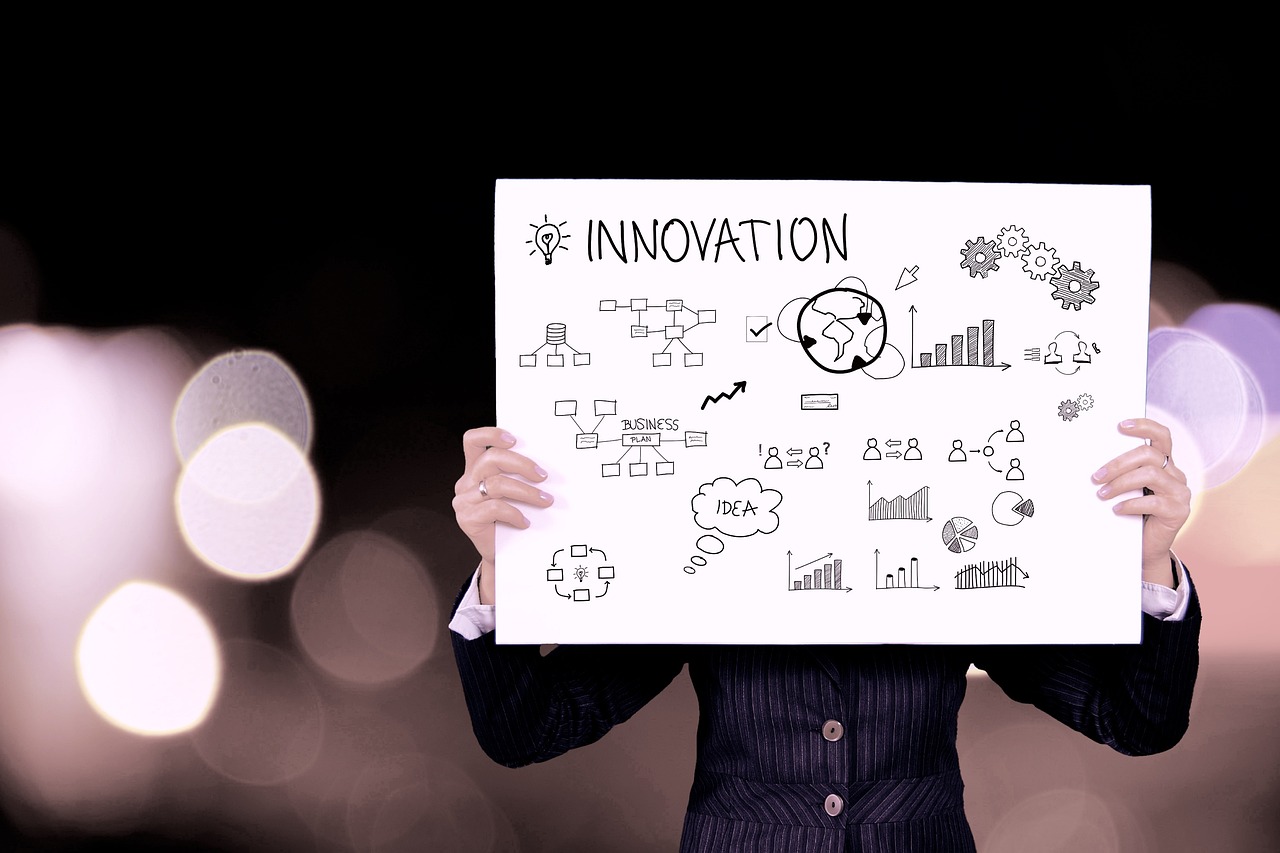The 21st century has seen remarkable technological innovations that have transformed various aspects of life. Here are some of the most significant innovations:
1. Smartphones
- Revolutionary Impact: The introduction of smartphones, particularly with the launch of the iPhone in 2007, revolutionized communication, entertainment, and work. Smartphones have become central to our daily lives, integrating multiple technologies such as internet browsing, GPS, cameras, and social media.
- Innovation Highlights: Mobile apps, touchscreens, and high-speed wireless communication (3G, 4G, 5G) have driven the smartphone’s evolution.
2. Artificial Intelligence (AI)
- AI Integration: AI technologies, including machine learning, natural language processing, and computer vision, have transformed industries ranging from healthcare to finance. AI is now embedded in daily activities, from virtual assistants like Siri and Alexa to recommendation algorithms on streaming platforms.
- Key Developments: AI’s capabilities have expanded rapidly, with advancements in deep learning, autonomous systems, and generative AI models like GPT.
3. Social Media
- Cultural Shift: Social media platforms such as Facebook, Twitter, Instagram, and TikTok have reshaped how people interact, share information, and consume content. These platforms have had profound effects on communication, marketing, and even political movements.
- Technological Foundation: The rise of cloud computing and data analytics has enabled social media platforms to scale and personalize user experiences.
4. Renewable Energy Technologies
- Sustainability Focus: Advances in solar and wind energy have made renewable energy more viable and cost-effective, contributing to the global shift towards sustainable energy sources. Innovations like Tesla’s Powerwall and improvements in battery storage are crucial for energy management.
- Impact on Society: These technologies are central to efforts to combat climate change and reduce reliance on fossil fuels.
5. Blockchain and Cryptocurrencies
- Decentralization: Blockchain technology, introduced by Bitcoin in 2009, enables decentralized, secure transactions without the need for intermediaries. This technology has paved the way for various cryptocurrencies and has potential applications in sectors like finance, supply chain, and voting systems.
- Future Potential: Blockchain is also the foundation for emerging trends like decentralized finance (DeFi) and non-fungible tokens (NFTs).
6. Cloud Computing
- Data Accessibility: Cloud computing has revolutionized how data is stored and accessed. Companies like Amazon Web Services (AWS), Microsoft Azure, and Google Cloud have made it easier for businesses to scale operations and access powerful computing resources on demand.
- Transformation: Cloud technology supports everything from small startups to large enterprises, enabling innovation in software development, data storage, and AI deployment.
7. CRISPR and Gene Editing
- Biotechnology Breakthrough: CRISPR-Cas9 technology has revolutionized genetic engineering by allowing precise modifications to DNA. This innovation has vast implications for medicine, agriculture, and biological research, potentially curing genetic diseases and enhancing crop resilience.
- Ethical Considerations: The power of gene editing has also raised significant ethical debates about its use in humans and the environment.
8. 3D Printing
- Manufacturing Disruption: 3D printing, or additive manufacturing, allows for the creation of complex structures layer by layer. This technology is used in various industries, including aerospace, healthcare (e.g., prosthetics), and construction.
- Innovation Potential: 3D printing is also being explored for bioprinting tissues and organs, representing a significant leap in medical technology.
9. The Internet of Things (IoT)
- Connected World: IoT refers to the network of physical devices, vehicles, appliances, and other objects embedded with sensors and software that connect and exchange data over the internet. This technology is enhancing automation, smart homes, and industrial processes.
- Future Growth: The proliferation of 5G networks is expected to accelerate the adoption of IoT devices.
10. Autonomous Vehicles
- Transportation Revolution: Self-driving cars, led by companies like Tesla, Waymo, and Uber, represent a major shift in transportation. These vehicles rely on AI, sensors, and real-time data to navigate without human intervention.
- Challenges: While significant progress has been made, autonomous vehicles still face technological, regulatory, and ethical challenges before widespread adoption.
These innovations not only highlight the rapid pace of technological advancement in the 21st century but also underscore the transformative impact these technologies are having on society, economy, and the environment.
Share this content:

